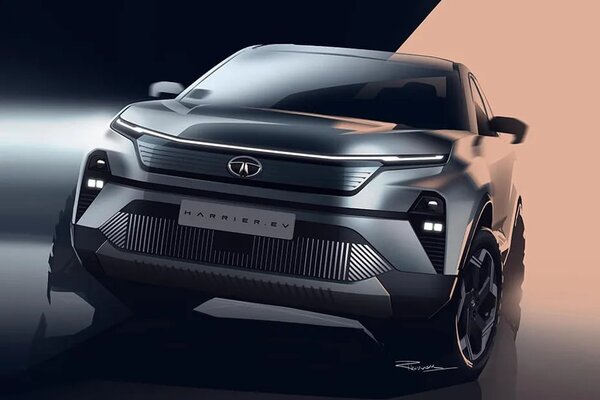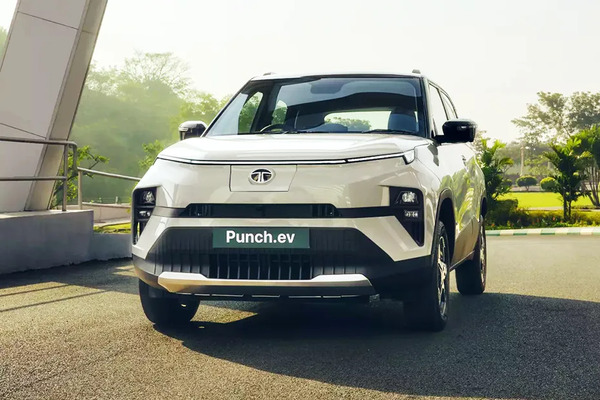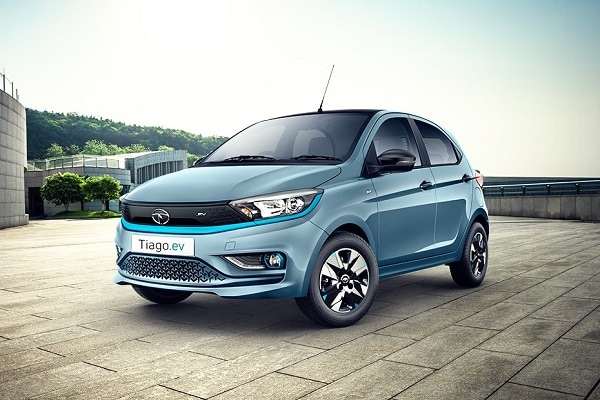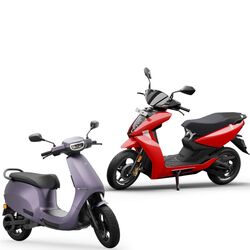Booming Chinese EV industry ignites US-China trade tensions. Check details
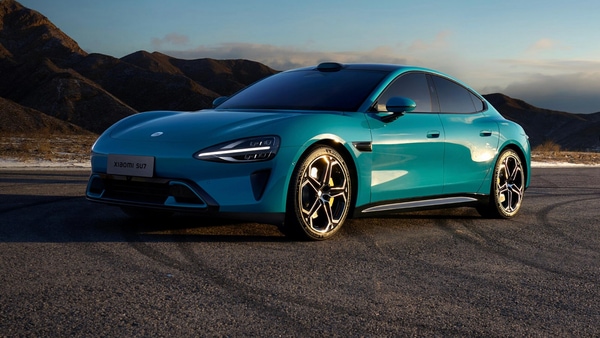

China has been pioneering electric vehicles (EV) and other green technologies for ages now. China's rapidly growing production of electric cars and other green technologies has become a focal point in a new trade dispute between the US and China. This issue was emphasised by Treasury Secretary Janet Yellen during her recent visit to China and has been highlighted by former President Donald Trump in provocative statements on the campaign trail.
China has significantly ramped up its production of affordable electric vehicles, solar panels, and batteries, just as the Biden administration has been pushing through legislation supporting many of those same industries in the United States. The rapid expansion of China's EV and green technology production has raised significant concerns not only in the United States but also in Europe and Mexico. There is a growing fear that China may use its exports to prop up its own struggling economy, potentially undercutting industries abroad.
Also check these Vehicles
A report by the Alliance for American Manufacturing, released in February, highlighted the introduction of an electric SUV by leading Chinese automaker BYD at an exceptionally low price of USD 14,000. This development has fueled concerns about China's auto industry posing what is perceived as an "existential threat" to US carmakers.
Trump's remarks and tariff threats
Former US President Donald Trump, at a rally in Ohio, charged that China would seek to export cars into the United States through Mexico. While the US currently imposes a 25 per cent tariff on cars from China, Mexico's free trade agreement with the US could provide a loophole. Trump promised to block such imports with new tariffs, suggesting dire consequences for the auto industry if Biden is reelected.
Also Read : Chinese EVs dominance faces global scrutiny. What's the future
After more than ten years of subsidising its automakers, China has developed a significant car industry, representing 60 percent of global electric vehicle sales, as reported by the Paris-based International Energy Agency. Despite this success, Chinese companies are reportedly producing up to 10 million more electric vehicles annually than they can sell domestically, according to the Alliance for American Manufacturing (AAM). This surplus is pushing them to increase their sales in overseas markets. Similar imbalances exist in other sectors, including solar panels, batteries, and more traditional industries like steel.
The US-China trade dynamics
American officials say they have seen this movie before. During her visit to China, Yellen underscored the Biden administration's concerns by referencing Suniva, a Georgia-based solar cell manufacturer forced to shut down due to competition from Chinese imports. China has since become the world's leading producer of solar cells. Despite Suniva's closure in 2017, the company is restarting production with subsidies from the Biden administration's Inflation Reduction Act.
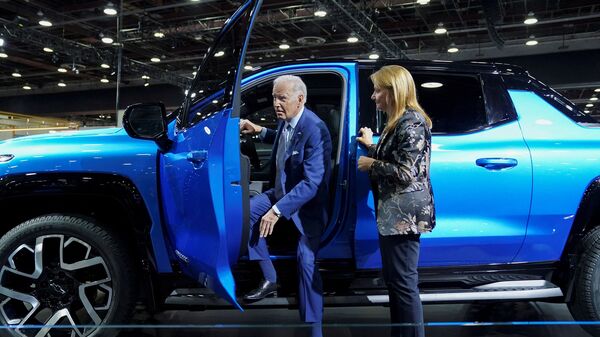

While the Biden administration has enacted legislation supporting clean energy and semiconductor producers, a 2022 report by the Centre for Strategic and International Studies revealed that China's industrial subsidies in 2019 exceeded, in dollar terms, double the size of US support. China subsidises the production of goods but does little to spur consumption by its citizens, unlike the US, which supported higher consumption during the COVID-19 pandemic with several rounds of stimulus checks.
Trade talks and future steps
For now, the two sides have mainly agreed to hold talks on the issue. China has yet to commit to specific measures to address American concerns regarding its production of cheap solar panels and other green products, citing their contribution to the global fight against climate change. However, Beijing has acknowledged the challenges of manufacturing overcapacity and weak consumer spending, which it recognizes as obstacles to achieving sustainable economic growth.
The rapid expansion of electric vehicle (EV) production in China has led to intense price competition, potentially forcing some manufacturers out of business. Huang Hanquan, an expert on industrial policy, believes that China needs better policy coordination to encourage the development of new technologies without creating oversupply issues.
Treasury Secretary Janet Yellen expressed her belief that the Chinese government understands American concerns about the impact of its industrial strategy, which could flood US markets with exports and hinder American firms' ability to compete. She acknowledged that resolving these issues would not be quick but emphasized the importance of the matter to the United States.
The escalating trade tensions between the US and China over green technologies highlight the challenges of balancing domestic economic growth with global trade. As China's industrial capacity continues to expand, the US and other countries are grappling with how to protect their domestic industries while also fostering innovation and competition in the global marketplace. The outcome of this trade dispute will likely have far-reaching implications for the future of the green technology sector and the broader global economy.








 64kWh
64kWh 350 km
350 km
